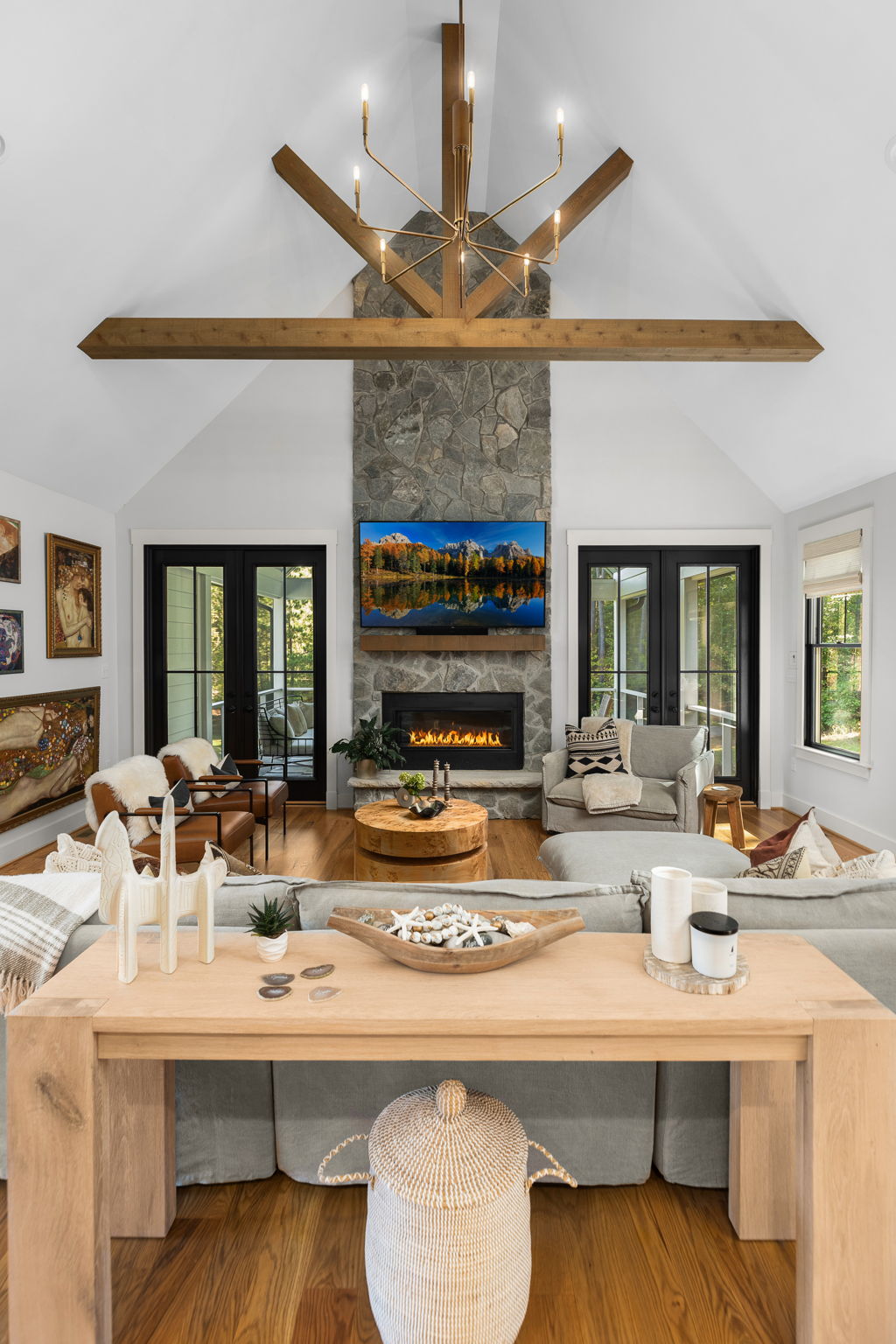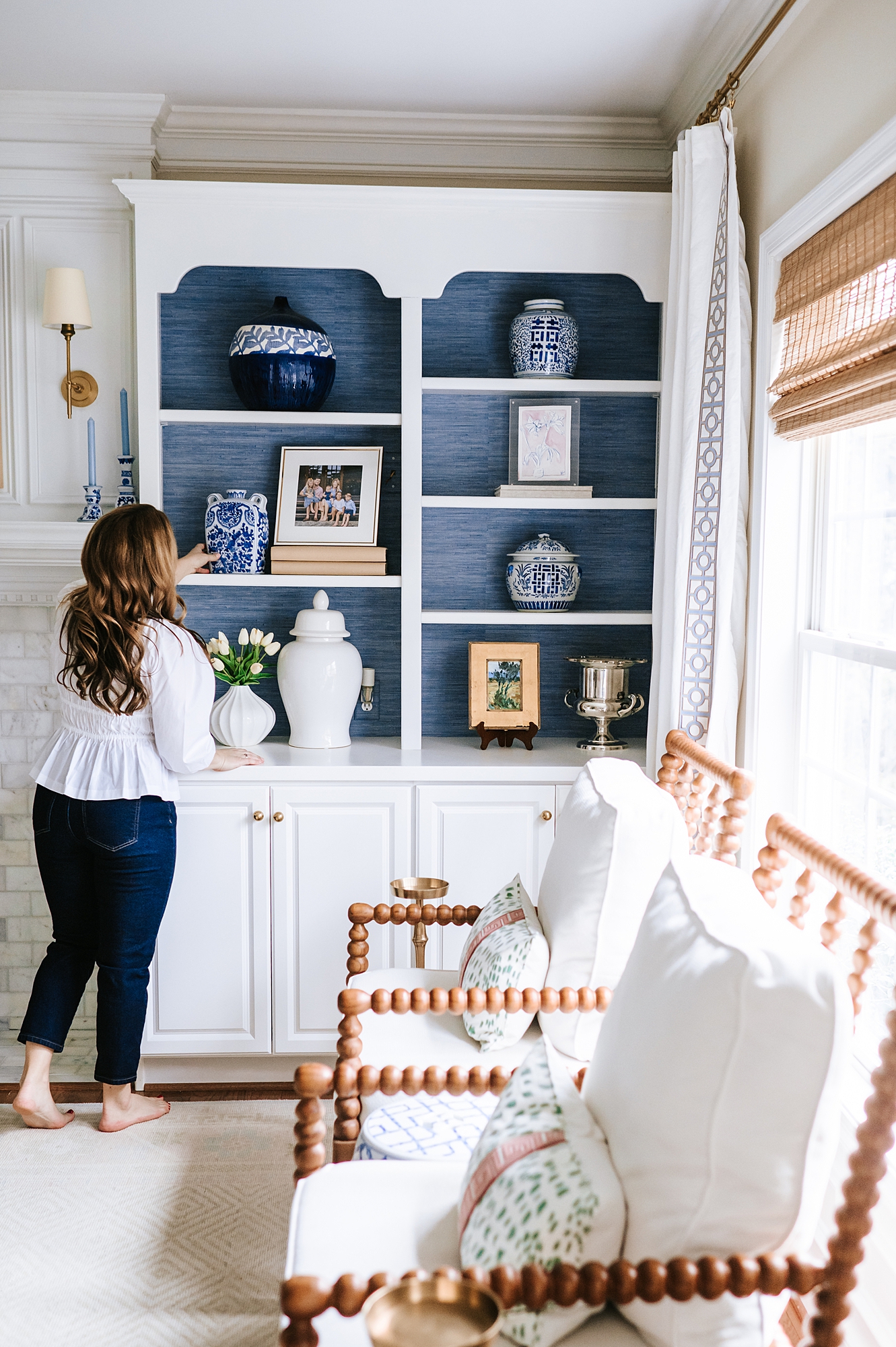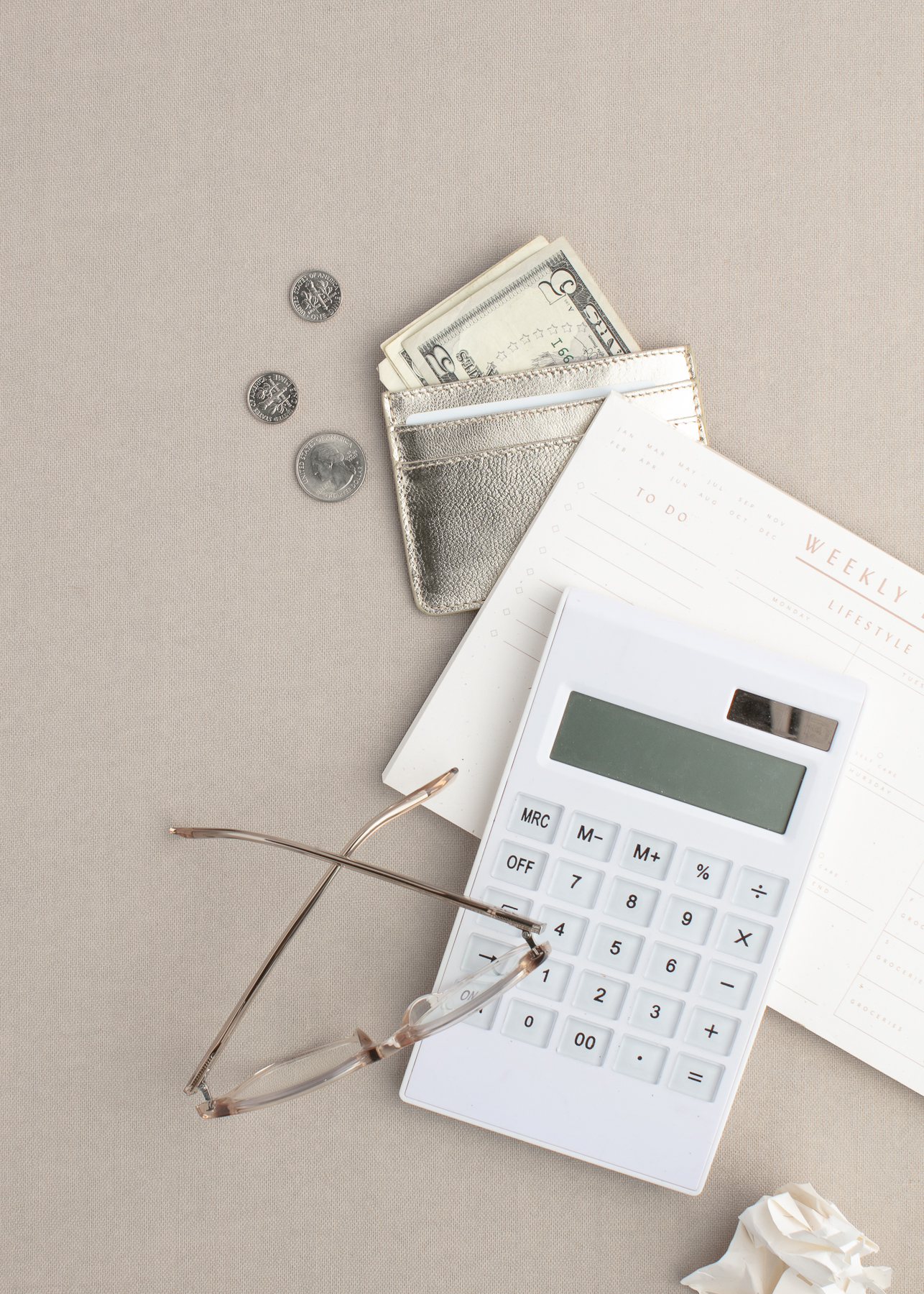2020 and 2021 have brought changes in many areas of our lives – and the real estate market is no exception. In the last year we have seen quite a few shifts in home buying and selling, leaving many people with a lot of questions. To help everyone understand a little more about what is going on and how it may affect you, I am kicking off this Q&A series.
This week is my first post in the series and features questions submitted on both my Instagram and Facebook pages. If you have any follow up questions or want to submit a question for next time, just let me know! You can send me a message here!
Grab a cup of coffee, and let’s dig in!
What are the most important things for getting your home ready to sell in this market?
Buyers these days are going crazy for move-in ready homes. If you want to get in on the multiple offer action we are seeing in many neighborhoods, it is imperative that your home is fixed up and looking good for when you begin showings. I have a checklist I supply sellers but the most basic instructions include de-cluttering, removing any extra items or furniture, taking 50% of things out of your closets (to make it look bigger), and touching up paint. While I don’t recommend doing any major renovations in most cases, small renovations like repainting rooms or getting your carpets cleaned or replaced may be on the list, depending on the status of your current home.
I have a Home Sellers Bootcamp available at the link here! Feel free to check it out for a list of what to do to get your home ready. The other part of the process includes a strong plan to bring your home on the market. Your agent should come with a plan on what day is the best to go active, how to advertise your home as coming soon, and ideas for delayed showings. Be sure to ask about these things if your agent does not bring them up.
What is the best way to go about using equity in your home for the down payment on a 2nd home?
This situation is what we call the “move-up buyer” and it happens when someone needs to sell a smaller home in order to buy their next one. There are many ways to do this but it will depend on the market you are in and what inventory looks like at the time.
Usually buyers are more concerned about selling their old home when they a find a new one. These days things are a little different. Currently, we are confident your existing home will sell but are more worried about finding the new one. One way to handle this is to look for the new home before you list your existing home. When doing this, you may want to use the equity in your home in the down payment of the new one. There are 3 main ways to handle this (although many others exist).
Those three ways include creative financing on your new home. If you are working with a local lender, they can review these options with you but they are using a bridge loan, a home equity line of credit, or re-casting your mortgage after the closing.
A bridge loan is short term loan from your lender that would allow you to put additional money down on your new home. This can help you make a stronger, non-contingent offer on the new home. When you close on the home you are selling, you will use your payout to pay off the loan.
A home equity line of credit (HELOC) is another option and is used frequently when people buy a second home or an investment property. You would take a loan on the equity of your home and use it towards your new down payment. This loan would also be paid back when your home sells. Similar to this, would be a to do a cash out refinance on your existing home.
The final option we will discuss is re-casting your mortgage. This one is slightly different because you purchase the new home with a lower down payment. (You would need both the seller and your lender to agree to this). When you sell your existing home, you would make the large payment towards your new loan and your lender re-amortizes your loan and lowers your monthly payment accordingly at that point.
If you have specific questions about this, want to review other options, or would like to be in touch with a lender about your scenario, let me know. I will put you in touch with some of my best local lenders!
How do you determine if you should sell, or keep a house as a rental property?
This will depend a bit on your financial situation and a lot on your preference on being a landlord or not. Rental real estate is a great investment but you don’t want it to be a headache. I recommend owning rental properties that you can keep a close eye on. There are a lot of things you become responsible for when you are a landlord, and even if you are paying a management company, you will answer for a lot of maintenance questions. If you are moving out of the area, I would sell the property and potentially invest elsewhere down the line.
Do you need the money from the home to purchase a new one? If you are planning an upgrade in home, having extra cash during a move is never a bad thing. In this market, home values are at an all-time high and could allow you to cash in on a lot of equity to put towards the new home.
Can you afford payments on your existing home and a new one? This more is important to review with your lender. When buying an investment property, most lenders require at least a 20% down payment, 2 months of reserves, and an income large enough to pay the mortgage on both homes, if you needed to.
If you qualify for both homes and are excited about the potential of owning rental real estate – I say go for it! You can always reach out to other small investors and pick their brains about what it’s like before you decide if it is for you.
Do you think the market is going to tank soon?
In short, no. There is so much pent up demand and buyers are desperate to find housing while homeowners are generating more wealth in equity than in previous decades. I do believe that rising interest rates and looser restrictions on foreclosures in the coming year will cause the market to balance out. However, I do not expect a market “crash” anytime soon. You can read more about the inventory crisis in the question below.
Why are there inventory shortages everywhere?
We are currently at around 25-35% of normal inventory in our market and you are probably tired of hearing realtors talk about it. BUT it is causing quite the disruption. Below is a graph that shows just how short the inventory levels are now for single family homes, as compared with over the past 3 years.

The many contributors of this shortage are low interest rates, home owners holding onto their existing properties while buying new ones, underbuilding, large amounts of Millennials wanting to buy a house (there are more millennials than any other generation), and homeowner focused policy like the CARES act that is keeping distressed homeowners in their homes, even though they are unable to pay.
I could probably talk about this for hours, but I will spare you (unless you ask 😉). All of this to say, the inventory shortage will be here for a while. As long as rates stay low, it becomes easier for homeowners to keep their homes while buying new ones. Many sites like AIRBNB and VRBO have made owning multiple homes most cost effective. Combined with the large amounts of corporations buying homes for investment properties, huge amounts of homes that would originally hit the market are no longer being listed.
There is a great article about the 5 trends causing the inventory shortage we are currently experiencing. I have linked it below and highly recommend the read for anyone with additional questions or current buyers!
Read it here.
Tips for buying a house when competing with so many buyers?
Please listen to your realtor! If you want to buy a home in this market, there are many nuances of this sellers market that you will need to understand. The best way to navigate this is with a well-educated buyer’s agent. Important offer terms to be aware of will be Earnest Money Deposits, ability to waive inspections or partial inspections, ability to waive appraisals, and more.
Unfortunately, the days of asking for closing costs and paying under the list price are behind us (for now) in most neighborhoods. I always run a competitive market analysis for homes my buyers are interested in so that we can fully understand what the property is worth and terms we will need to consider in an offer in order to be competitive.
While I can’t give away all of my secrets on the Internet, I review each of these scenarios in much greater depth during a buyer’s consultation. My goal is that you go into making an offer, armed with all the information you need to feel confident about your decision and the home you are purchasing as well.
What does waiving an appraisal when buying a home mean?
Let’s start with an explanation of what an appraisal is. Typically when you a buy a home, your lender requires an appraisal to determine the value of the home you are purchasing. The appraisal helps the lender finalize the amount of money they are willing to lend you to purchase that property. They lend you a percentage of the appraisal value or purchase price, whatever is lower.
Before 2020, if your appraisal value fell below the purchase price, buyers would usually have the ability to re-negotiate the purchase price to more accurately reflect the appraisal value. These days, many sellers are unwilling to renegotiate the value, leaving many buyers having to agree to bring additional cash to closing or walk away from the purchase. I will show you an example below to more accurately display how this works.
Say you are purchasing a home for the purchase price of $400,000. You plan to use a conventional loan with a 20% down payment.
After going under contract, your appraisal comes in at $380,000.
Now, your lender is only willing to lend you 80% of the purchase price or appraisal value, whatever is lower. In this case, the appraisal is lower. So your lender says, we will lend you $304,000 ($380,000 * 80%).
Your original down payment on the $400,000 house was $80,000. However, now that the bank only want to lend you $304,000, your down payment will need to be $96,000. If you have that cash available, great. If you do not, you have to be released from the contract.
When you make an offer to waive an appraisal, you are essentially agreeing to bring additional cash to the table, if the appraisal value falls short. This term can be written to waive a certain portion, only waive the amount above the asking price, waive the entire amount, etc. This is incredibly common these days and is always something to consider if you have the funds to do so.
What if I don’t have a lot of cash to put down, can I buy in this market?
I know it is an intimidating time to buy a house. If you are a first time homebuyer with not as much money saved, it can seem like you may not ever be able to compete. There are still ways to purchase a home!
A good place to start is with homes with higher days on market. There are plenty of homes that have been overlooked and once a house has 3 weeks on the market these days, people start to get skeptical. Many of those homes have nothing wrong with them and may just need some smaller updates.
Another thing to be aware of is that some houses look horrible online because they don’t have professional photos taken. However, the house has a lot of potential when you view it in person. It is important to be open to seeing some of these houses!
Each neighborhood is different and the market is constantly changing. The most important steps will be to speak with your lender and agent to really be aware of the types of offers you will be able to write and in what areas you can be searching in your price range.
Have questions? Let me know, I would love to chat more! There were a few more questions I didn’t have a chance to get to, so stay tuned for Q&A part 2 coming soon. 😀






